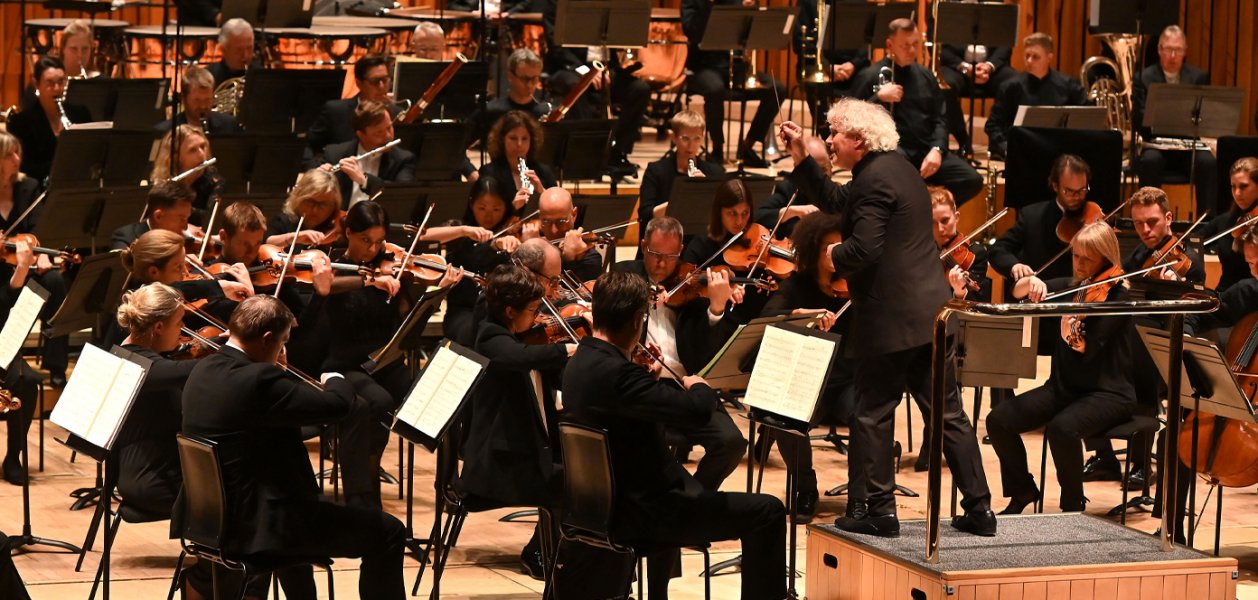This discussion comes from @PeterA 's Natural Sound thread with relevance to @Karen Sumner 's essays. I thought it better to spin off than have it in Peter's system thread...
The language of reproduction - the audiophile vocabulary and audiophile concepts - the language of sound decomposes componentry and systems into various sound elements including psychoacoustics. It's typical review-speak used to describe a component's sound and to compare components with each other.
The question I'll toss to this group is this: Can we describe components and systems with the language of music or in some other way using the language of music that does justice to the holistic organic character of listening to music? Can we compare and contrast components and systems not with each other but to live acoustic music?
Is it possible?

I have enjoyed reading Tim’s posts over the last few years where it seems to me he is searching for a different way to communicate about audio and what we hear. Karen Sumner also seems to recognize and is suggesting that we need a new way to communicate about audio and what we hear.
The audio press, however, has managed to create their own aura of expertise by inventing a language to describe hi fi phenomena: sound stage, depth, focus, detail, and slam. These are hi fi terms, not music terms. Consequently, many of the systems and the components which seem to be preferred by the review press embody these hi fi qualities while giving little or no attention to the essential quality that is fundamental to a satisfying music listening experience — natural musical tonal balance.
The language of reproduction is not the language of music or the music listening experience.
The language of reproduction - the audiophile vocabulary and audiophile concepts - the language of sound decomposes componentry and systems into various sound elements including psychoacoustics. It's typical review-speak used to describe a component's sound and to compare components with each other.
The question I'll toss to this group is this: Can we describe components and systems with the language of music or in some other way using the language of music that does justice to the holistic organic character of listening to music? Can we compare and contrast components and systems not with each other but to live acoustic music?
Is it possible?

Last edited by a moderator:
















